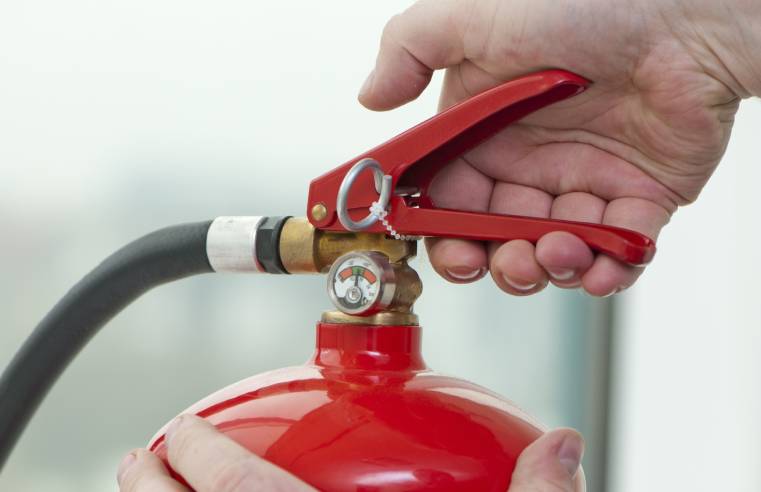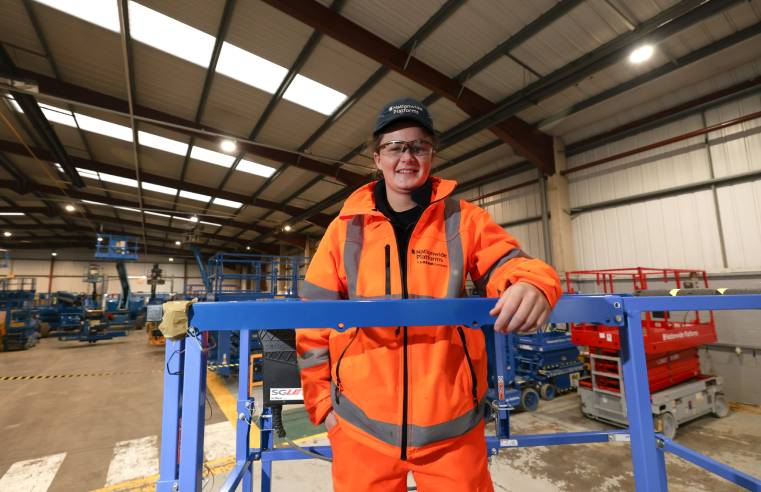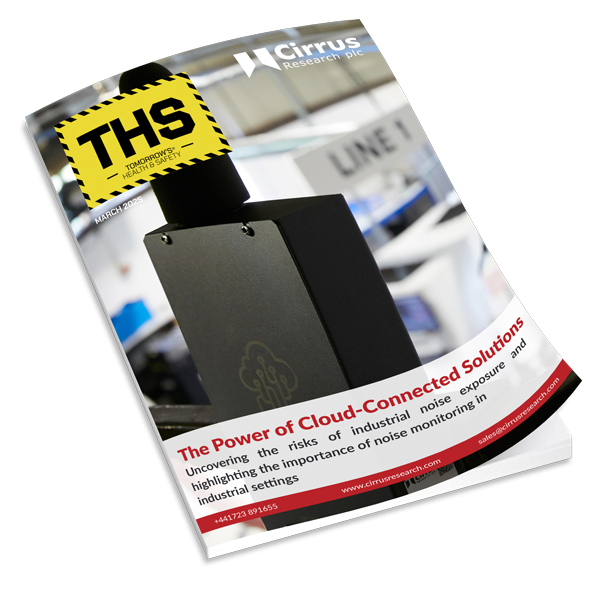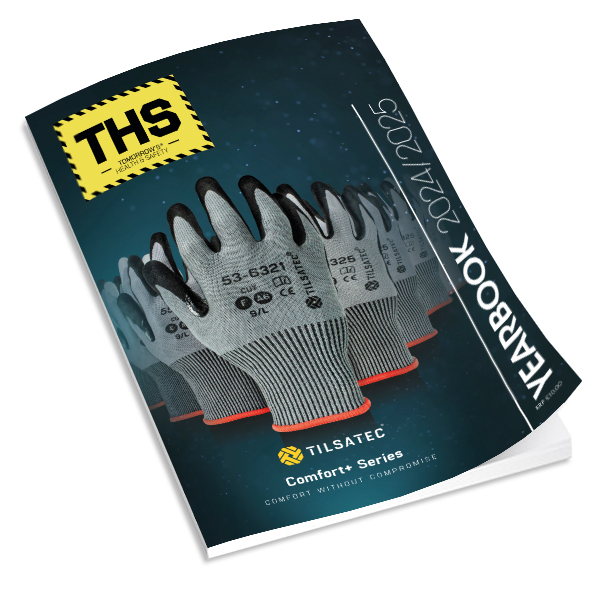A Tribunal hearing that ruled an employee was fairly dismissed for refusing to wear a face mask at work, highlights the importance of employers carefully considering and clearly communicating the rules on wearing PPE in the workplace, an employment lawyer has warned.
As the UK begins it route out of lockdown and workplaces start to reopen, employers must update workplace policies to ensure workers are clear on the rules on wearing the correct PPE, including facemasks, to comply with the new regulations, says Faye Reynolds, Employment Lawyer at law firm Lodders.
She said: "The recent Tribunal that found an employee was fairly dismissed for refusing to wear a face mask at work demonstrates the importance of businesses getting all workplace policies bang up-to-date, to meet legal requirements, and avoid costly tribunal proceedings and disciplinary action.”
“During the COVID-19 pandemic, many employers may face a similar dilemma with employees following new regulations, or refusing to wear PPE as was the case in this recent Tribunal, which could necessitate disciplinary action. There has been a lot of discussion around the extent to which safety measures can be imposed on employees to ensure a safe work environment for colleagues and customers.
“In this Tribunal - the first case of its kind, we have the decision on an employer’s scope to enforce wearing PPE in the workplace, and whilst this judgment is not binding, it is an indication of how future cases of this kind may be decided.”
The case - Kubilius v Kent Foods Ltd - involved a lorry driver delivering to a Tate & Lyle sugar refinery in May 2020. The driver committed a single act of misconduct by refusing to wear a face mask in the cabin of his lorry while undertaking work duties. The refinery had a rule that masks must be worn on site, and visitors were handed masks on entry at the gatehouse.
Faye explained: “The case does demonstrate that if employers wish to take enforcement action against employees in similar situations, it is important they clearly communicate rules on the wearing of PPE in the workplace and consider the impact of any refusal to follow those rules on client relations.
“They must also consider the circumstances and follow a fair process when considering dismissal, and remember that it can be very costly to bring or defend an unfair dismissal claim.
“The background to this landmark case is that Kent Foods updated their employee handbook response to the COVID-19 pandemic, to specify that drivers must comply with the PPE instructions at customers’ sites. Tate & Lyle were a major customer of Kent Foods, and two weeks after the first national lockdown, it insisted that face masks must be worn at their sites.”
Tate & Lyle staff were concerned that although the driver was in his lorry, the window was open, and staff would be handing paperwork to him. Despite being asked twice to wear a mask by different on-site managers, the driver refused. Tate & Lyle banned the driver from its site.
The driver’s defence included that government guidelines stated it was not compulsory to wear masks at work, it was not against the law not to wear a mask, and that he felt the lorry was his home.
He faced disciplinary proceedings from Kent Foods, which launched an investigation into its employee’s actions. This found he had committed an act of gross misconduct by failing to comply with the instruction to wear PPE on the client’s site, for which he was dismissed. He then issued a claim of unfair dismissal, but the Employment Tribunal did not uphold Mr Kubilius’ claim.
“The Tribunal recognised the decision to dismiss the driver was due to his failure to comply with an instruction set out in the handbook,” Faye said. “It found the employer had acted reasonably in their investigations and, whilst some employers may have decided to issue a warning, it decided that dismissal was within the range of reasonable responses and was therefore fair.”
In reaching its decision, the Tribunal considered a number of factors, including the importance of the client’s relationship to the employer. Around 90% of the employer’s work came from Tate & Lyle and it was therefore important to ensure the relationship was maintained. The fact the claimant was banned from their site also caused issues in relation to the work that he would be able to carry out.






















